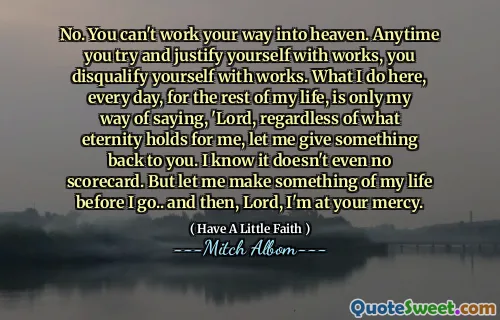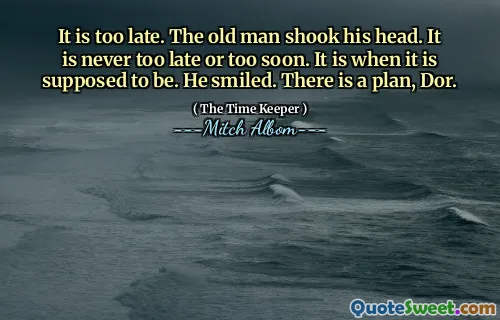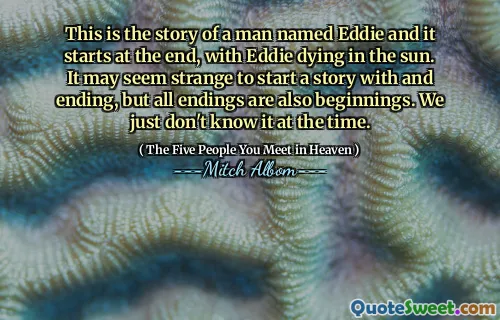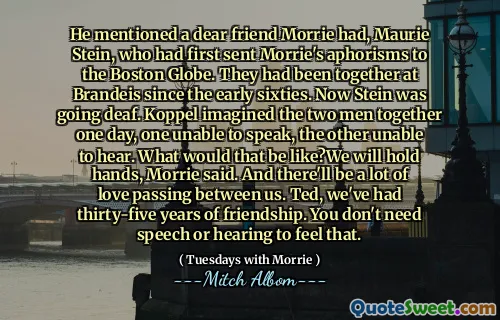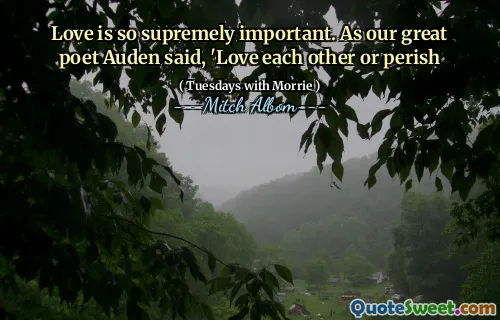For a hundred years or more the world, our world, has been dying. And not one man, in these last hundred years or so, has been crazy enough to put a bomb up the asshole of creation and set it off. The world is rotting away, dying piecemeal. But it needs the coup de grace, it needs to be blown to smithereens. Not one of us is intact, and yet we have in us all the continents and the seas between the continents and the birds of the air. We are going to put it down ― the evolution of this world which has died but which has not been buried.
In "Tropic of Cancer," Henry Miller reflects on the enduring decay of the world over the past century. He expresses a sense of existential despair, suggesting that the gradual deterioration of life is more tragic than outright destruction. Miller feels that humanity has been unable to confront this decay head-on, emphasizing a collective madness that has prevented a radical upheaval of existence, leaving everything in a state of rot.
He believes that within each person lies the entirety of the world—its landscapes, creatures, and elements—yet no one has dared to annihilate the dying nature of reality. His call for a dramatic end to this prolonged suffering resonates with a yearning for renewal and transformation. Miller’s provocative imagery challenges readers to consider the implications of living in a world that is alive yet fundamentally broken.

